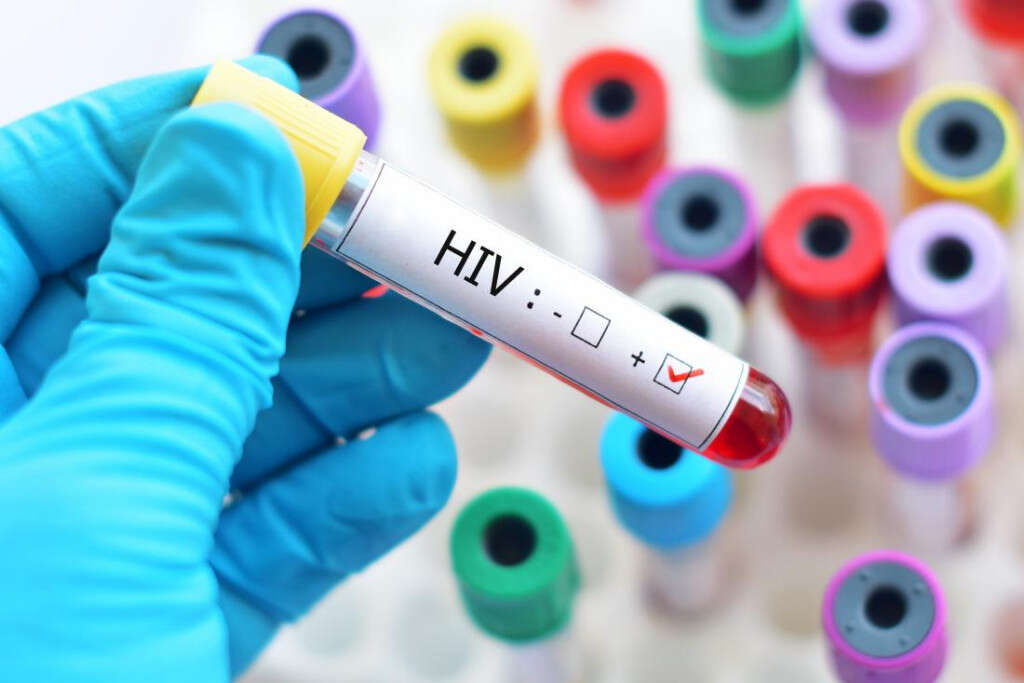10 Causes of Fever
Most of us are familiar with a fever. Many of us have experienced a fever as a result of stomach flu, but there are a lot of other reasons why we can experience a fever. A fever—medically known as pyrexia—is a condition that occurs when the temperature of the body becomes higher than average. In most cases, this suggests that the person is experiencing some sort of infection, although this isn’t always the case.
The body usually rests at a temperature of about 98.6 degrees Fahrenheit and fluctuates a bit during the day. If you’re experiencing a body temperature of greater than 100.4 degrees Fahrenheit, then you’re experiencing a fever. There are a number of symptoms that often occur alongside a fever, such as shaking and chills. These can be indicative of the condition that might be causing your fever in the first place.
In the case of most infections, a fever is a sign that your body is fighting an infection. Many bacteria aren’t able to thrive as well in higher temperatures, so when your immune system raises your body’s temperature, it becomes easier for it to ward off any bacteria that might be present. As mentioned above, though, there are quite a few things that can contribute to the development of a fever. In this article, we’re going to discuss some of the most common issues that can contribute to the development of a fever.

Cause #1: Flu
The Flu is the common term used to describe an infection caused by the influenza virus, this is one of the most common causes of a fever. In this case, the body is attempting to make the body a less safe environment for the virus to thrive.
The Flu often comes with a host of other symptoms such as nausea, vomiting, chills, and general malaise. These symptoms are generally easy to identify.

Cause #2: Inflammation
Inflammation is a condition that occurs when the immune system detects a harmful pathogen or substance in the body. By triggering an inflammatory reaction, the immune system knows to send T-cells to a certain area to help defend against the perceived threat.
However, some forms of chronic inflammation, such as inflammation of the skin, can lead to other symptoms such as a fever.

Cause #3: Bacterial Gastroenteritis
This condition is characterized by the inflammation of the gastrointestinal tract caused by the colonization of harmful bacteria.
Many bacteria can cause this condition and it is usually accompanied by diarrhea, nausea, vomiting, fever, and abdominal pain. It is important to seek medical attention for proper diagnosis and treatment.

Cause #4: Dengue
his disease is caused by mosquitoes of the Aedes family. It is quite common around the world, especially in subtropical and tropical regions.
It is characterized by high fever, malaise, myalgia and it can be associated with hemorrhagic features like a skin rash and enlargement of the spleen. Most cases in the US are found in Puerto Rico and the Virgin Islands.

Cause #5: Pharyngitis
Pharyngitis is the inflammation of the pharynx and/or the tonsils. It can be caused by many factors but usually, viruses and bacteria are the ones to take into consideration.
Viral pharyngitis usually presents with a sore throat, difficulty swallowing, mild fever, and malaise, whereas, bacterial pharyngitis usually is more severe but also causes fever.

Cause #6: Malaria
Malaria is a disease that is carried by mosquitoes. It can affect humans and other animals and is one of the most notorious diseases for travelers. Symptoms of malaria don’t often manifest until more than a week after the person has been bitten by the infected mosquito, and if the disease isn’t given the proper treatment, people may see a relapse of symptoms.
Malaria can cause a number of symptoms that are similar to those of the common flu but often more pervasive and intense. Among these include lethargy, nausea, vomiting, headaches, and high fevers.

Cause #7: A Cold
Many people have a hard time telling the difference between a cold and flu. Many symptoms that manifest are quite similar—feeling fatigued, sneezing, and coughing.
While a cold is generally a much milder form of illness, some of these symptoms can still be rather debilitating. One of the symptoms of a cold is a fever; but fortunately, in the case of a cold, the fever and most of the other symptoms will generally only last for a few days.

Cause #8: Arthritis
Arthritis is a condition that affects the bones and joints of the body. As these areas gradually wear down throughout the course of our lives, they can become more susceptible to discomfort and pain. Many people experience reduced motility as a result of arthritis.
One of the things that some people aren’t aware of is that some forms of arthritis, particularly rheumatoid arthritis, are known to cause fevers. This is because arthritis causes significant inflammation throughout the body and this can lead to an immune response causing a fever.

Cause #9: Drug Use
Many drugs, both legal and illegal, are known to contribute to fever. Stimulants are especially well-known for this. Drugs like amphetamines and cocaine are known to stimulate the central nervous system and can raise the body’s internal temperature.
It’s also possible to develop a fever while withdrawing from drugs like opioids. This often involves a number of other symptoms like shivering, shaking, nausea, and vomiting.

Cause #10: HIV
A fever is one of the first symptoms that patients who have contracted HIV may experience.
The fevers of HIV patients can be quite low, ranging around 100 degrees Fahrenheit, but it’s also possible for patients to develop much higher fevers.












